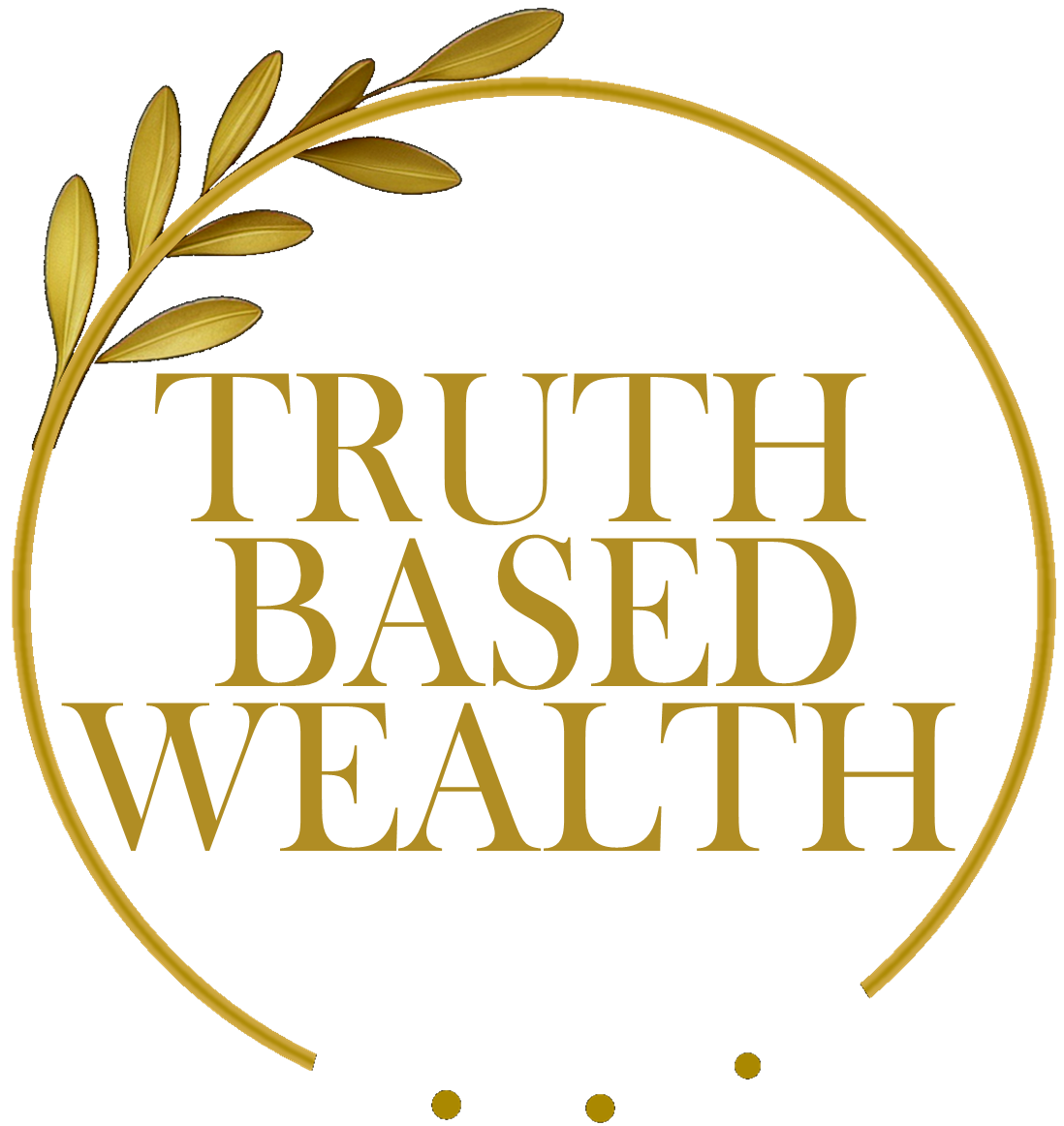
What Is Universal Life Insurance?
Universal Life Insurance is considered to be a type of permanent life insurance (Truth Based Wealth does not consider it to be permanent) that has two main components, a death benefit and the cash values.
Common Types of Universal Life Insurance:
1. Indexed Universal Life
a. Cash values tied to the stock market (mirrors an index like the S&P-500)
b. Set minimum and set maximum percentage rate that you can earn.
2. Variable Universal Life
a. Cash values tied to the stock market (follows stocks, bonds, mutual funds)
The difference between Universal Life and Whole Life is that cash values in Universal Life policies are tied to the market and Whole Life policies are not. Truth Based Wealth does NOT recommend purchasing any type of Universal Life Insurance due to the instability and lack of guarantees within the market! We NEVER make guesses, ONLY GUARANTEES!!
How Much Does Universal Life Cost?
Universal Life typically starts out costing less than Whole Life Insurance but more than Term Life Insurance. Premium costs in Universal Life are often flexible. However, because of the way it's structured, the cost to keep the policy will inevitably become very expensive over time. This increase in cost leads to a high likelihood of policies lapsing. Unfortunately, when a policy lapses, it results in a complete loss of value. On top of these issues, there are also significant fees associated with managing a Universal Life policy compared to Whole Life Insurance.
How Does Universal Life Work?
Universal Life has two main components: the death benefit and cash values. The structure of the death benefit comes from a one-year renewable Term Insurance. Initially, the cost of this coverage is low for young healthy individuals, but it increases each year as they age, accounting for the increasing risk to the insurance company. Eventually, the cost becomes prohibitively expensive, making it near impossible to afford.
The premiums paid into the policy first go towards the death benefit, followed by fees for owning the policy, which can often exceed expectations. Any remaining funds go into the Cash Value account. The Cash Value account earns interest at a rate set by the insurance company, typically based on market interest rates or an index such as the S&P-500 for Indexed Universal Life. The interest earned usually has a minimum and maximum rate. The minimum rate is usually set at zero to prevent losses if market rates fall into negative percentages, but fees still need to be paid, which reduce the cash value. Moreover, when the market performs well, there is a cap on the earnings, preventing policyholders from capturing the full potential of the market.
Let's discuss the fees associated with Universal Life Insurance. While Whole Life Insurance has a low, flat-rate fee each year(~ $100/year), Universal Life policies have multiple fees (~ 6% of the premium). These include premium expense charges, administrative expenses, account management fees, and other fees specified in the policy’s contract. These fees can accumulate and diminish the earning potential of the Cash Value account.
Due to the increasing cost of death benefits, the substantial fees, and the lackluster performance of the Cash Value account, Universal Life Insurance policies often lapse before the death benefit is paid out. As a result, Truth Based Wealth does NOT consider Universal Life Insurance as a permanent type of life insurance, even though insurance companies do.
The objective of a Universal Life policy is for the Cash Value account to earn enough to continue paying for the death benefit until the policyholder's death, ensuring the payout to beneficiaries. In the early years, depending on the market and additional premium payments, the cash values can grow quite well, as the cost of the death benefit is lower for younger individuals. However, as the cost of the death benefit increases rapidly, particularly in later years, the earnings in the Cash Value account cannot keep pace.
This situation forces policyholders to either pay higher premiums to afford the death benefit or use more funds from the Cash Value account to cover it. If the policyholder does not die by that time or does not terminate the policy, the Cash Value account will be depleted entirely, resulting in policy lapse and the loss of both the death benefit and accumulated funds. Consequently, there will be no death benefit for loved ones and no retirement funds available as often advertised for a Universal Life Insurance policy.
Unfortunately, this scenario occurs for the majority of policyholders, which is why owning Universal Life Insurance is not recommended. The only way these policies can be beneficial is if the insured dies earlier than expected, leaving value in the account and the death benefit gets paid out to the beneficiary. However, often these policies become too expensive to maintain just as the owner approaches retirement or even earlier. While most policyholders do not closely monitor their Universal Life policies, those who do may notice when the cost of the death benefit begins to erode their Cash Values, allowing them to terminate the contract and collect their earned cash values. However, they will no longer have a death benefit, which is one of the primary reasons for owning a life insurance policy, and they will incur taxes and fees for withdrawing the funds.
As a result of investing in this type of insurance, you have earned much less money than you would have if you had simply invested in the stock market yourself. Owning any type of Universal Life Insurance policy does not make sense. Unfortunately, many individuals who own or sell these policies do not fully understand how they work and the potential harm they can cause to the policyholder. However, they certainly generate significant profits for life insurance companies and the agents who sell them.
If you currently own a Universal Life Insurance Policy, please contact us at (839) 206-3348 or email us here.
We can assist you in finding a solution that will genuinely benefit your financial future and save you from years of wasted investment in which others profit, while you should be earning for yourself!






